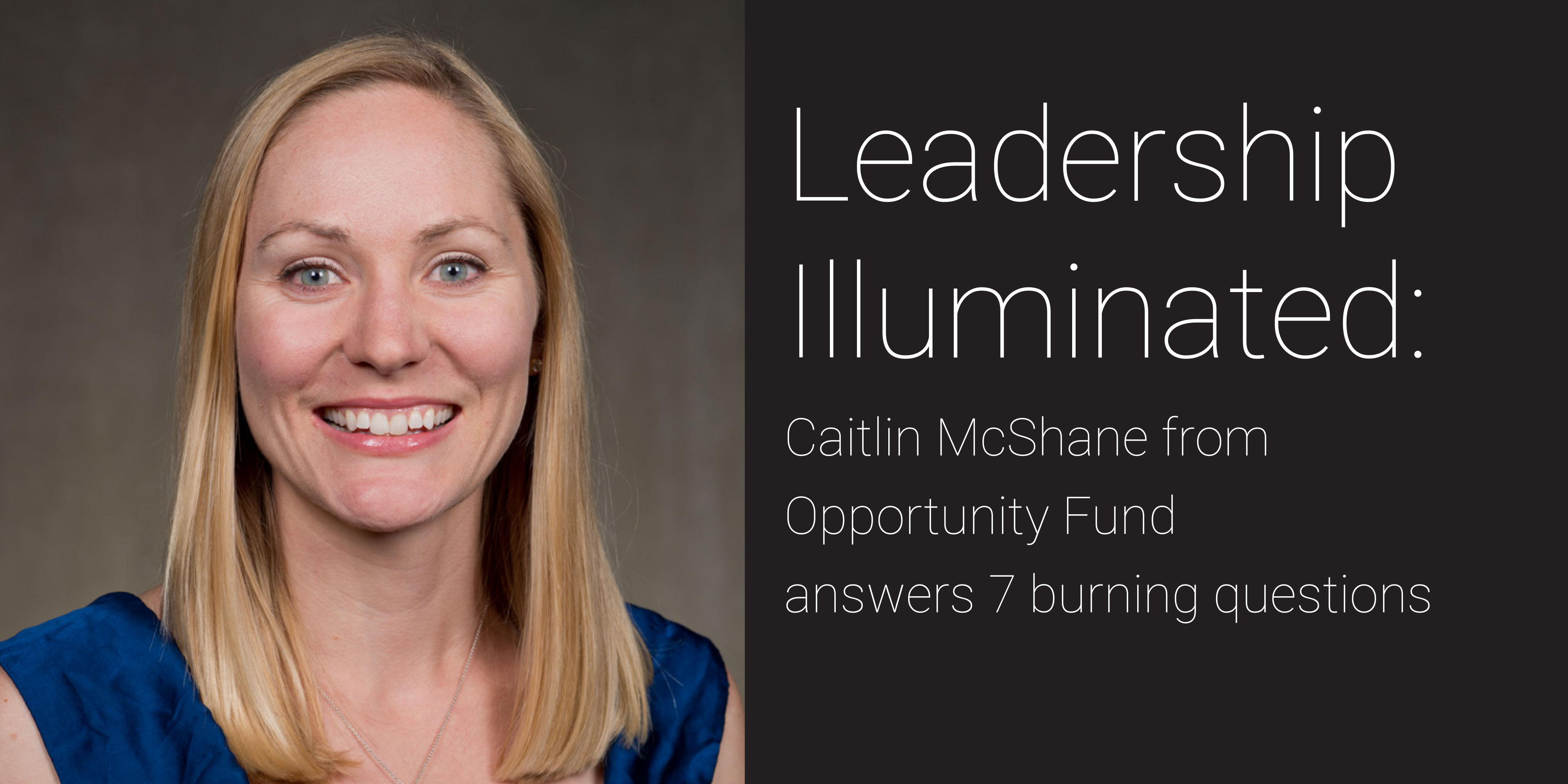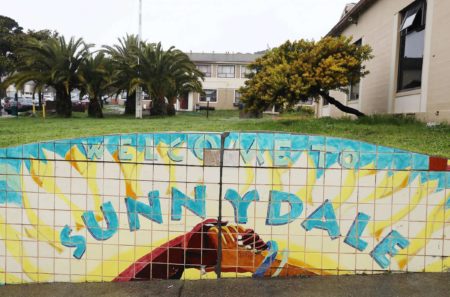Sunflower Hill at Irby Ranch is a residential community providing affordable, independent housing for people…

Leadership Illuminated: Caitlin McShane, Marketing & Communications Director, Opportunity Fund answers 7 burning questions
Each month, Argus talks with a client about industry challenges, advice for newcomers and why they love what they do.
Argus: What is your favorite thing about your job?
CM: Telling stories that move people to take meaningful action.
Argus: What would you tell students about this work?
CM: The most important skills you can hone in college are writing and critical thinking. Take classes in which the professors are hard on your writing. Don’t shy away from that.
Argus: What would you tell graduates about this work?
CM: When you are doing in-house marketing, and especially when you are in the non-profit sector, you need to be creative and analytical in equal combinations. That’s is, to me, what is so much fun about marketing. Flexing both of those muscles. Graduates should really think about where their strengths lie as some need more of one or the other of those skills — which one plays to their strengths.
When it comes to non-profit marketing, one of the differences is that you are communicating a business model where the customer base is larger. The brand needs to have value and promise for two different types of audience members, clients and donors. This is the best and biggest challenge.
It’s important to stay honest in the way you portray work to the donor, that is also respectful of your clients. Stay away from poverty porn.
You are selling the experience of your clients to your donors and you need to lift up the dignity of your clients (in a dignified way). I took philosophy in college, which really lends itself to my work. Big ethical questions show up in everyday work, even writing a Tweet. You need to be comfortable grappling with big ethical questions.
Argus: What are the most important decisions you make as a leader of your organization?
CM: Biggest and most important decision is when to say no. When we keep the team motivated and focused on what we have said “yes” to doing and we have made thoughtful decisions about our work.
Argus: What would you like to share about your company that not everyone knows?
CM: What it takes to be a successful non-profit small business lender is a surprisingly large group of people after a loan is made. The operations team may not be the sexy part of the job like making the loan, but it is so critical. They close the loans, take collateral, release collateral, set up payments, etc. All of this needs to be done efficiently and precisely and allows the client to thrive. It seems boring, but it adds up to an empowering and responsible lender. We need to be experts at this process.
The staffing and resources in finance and accounting staff is also extremely important. The flow of money pushed in and out is extremely complicated, as is the complexity of the financial forecasting to keep the business running and money flowing. We are trying to lend as much money as we can as fast as possible.
Argus: How do you encourage others in your organization to communicate your core values, your brand?
CM: We have core values. If you don’t have them, how can you expect someone to intuit what they might be, agree with what they are and then communicate them? Ours are: Opportunity, Dignity and Responsibility.
Without saying so, we clearly hire people with whom those values resonate in all areas of our business. It’s part of our hiring practice. We attract and maintain partnerships because we live up to expectations. We live them because they resonate, but we could always be better at communicating them to the public.
Argus: What challenges is your industry facing at this time?
CM: Non-Profit Industry:
Facing wealth inequality. More and more, families are falling out of the middle class and falling to the bottom. Then the top range is getting richer and richer, and is a different type of person. How do we connect to them?
Tax reform changes the itemized deductions. Will middle class people still make charitable contributions if they won’t get the charitable contribution?
The rise of Donor Advised Funds is impacting giving, too, because it’s shifted who is in charge of the donations. There is now an intermediary between the donor and the end recipient. Hard for non-profits to communicate with and attract donors. In areas like Silicon Valley we are seeing money going in to these funds but not coming out again immediately, or at all, into the local community.
Small Business Lender:
In Fin-tech and alternative lending sector. In the fin-tech world there has been a consolidation happening. We also seeing the traditional banks who are offering small business loans in a different way or putting partnerships in place with fin-tech or other alternative lenders. Is there an opportunity for Opportunity Fund? We are watching. Are the partnerships responsible? Is the playing field level, are all the small biz lenders winning?

Join Us!
Join our mailing list to receive strategies, practical advice, news and helpful resources delivered right to your inbox.

